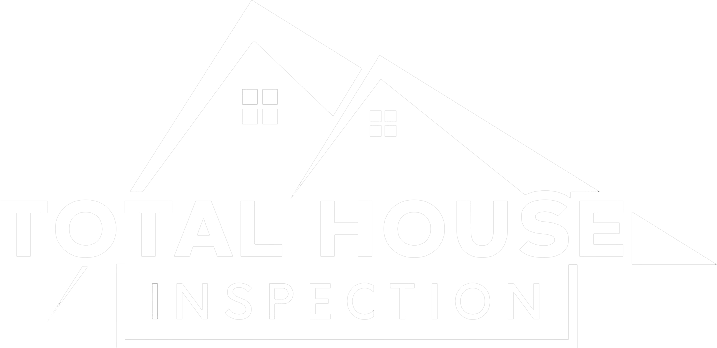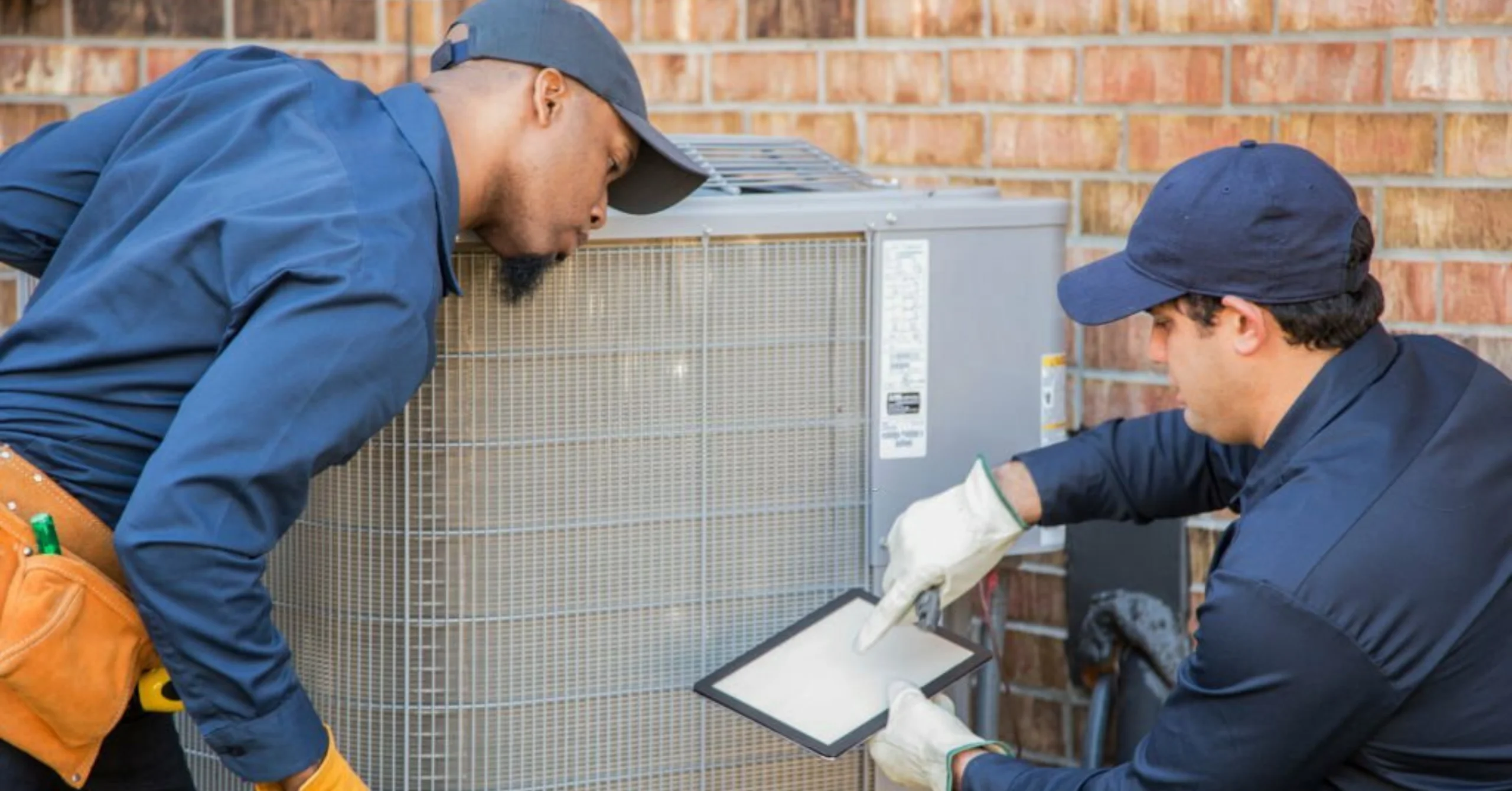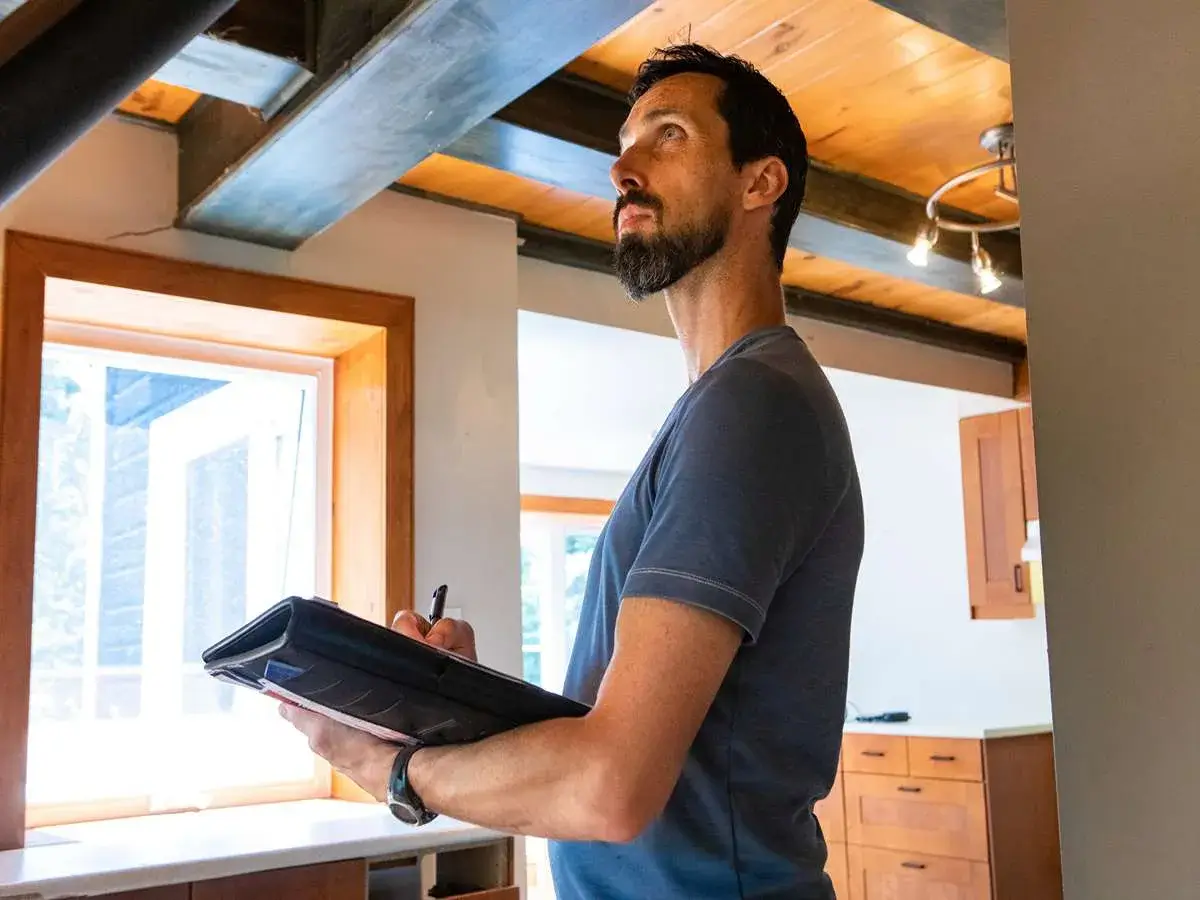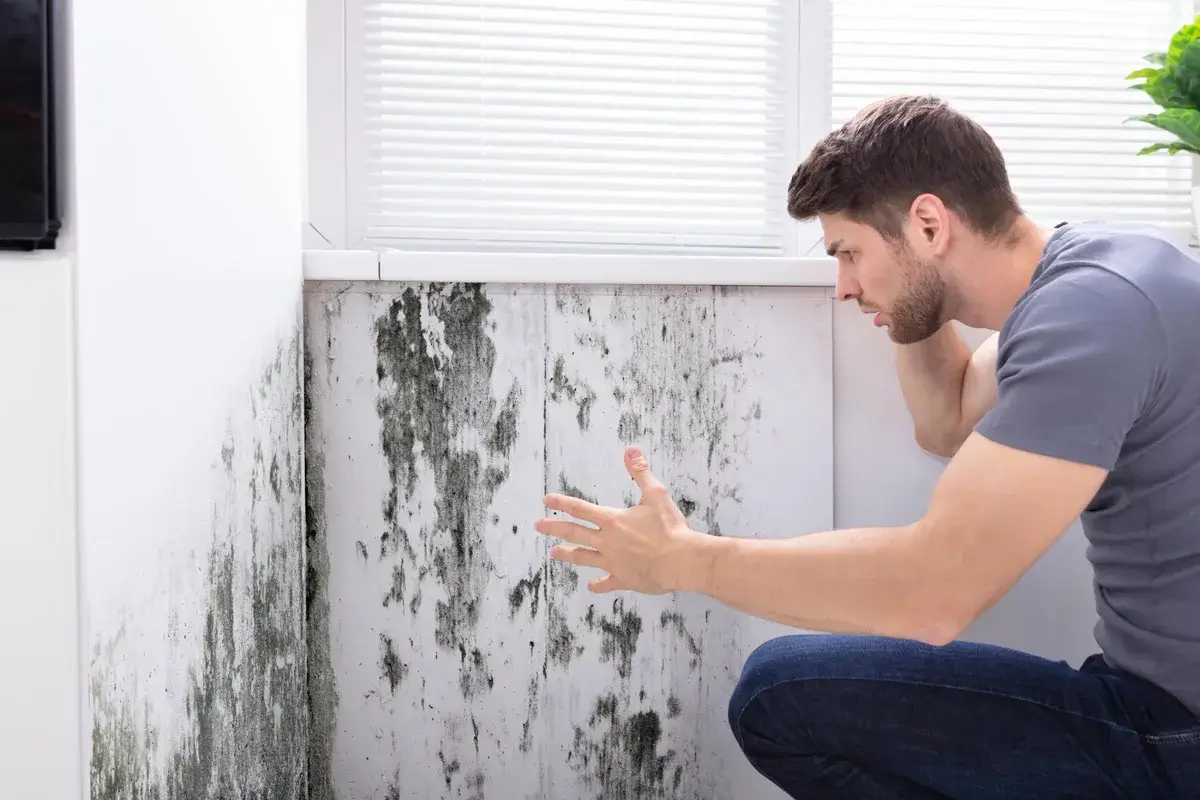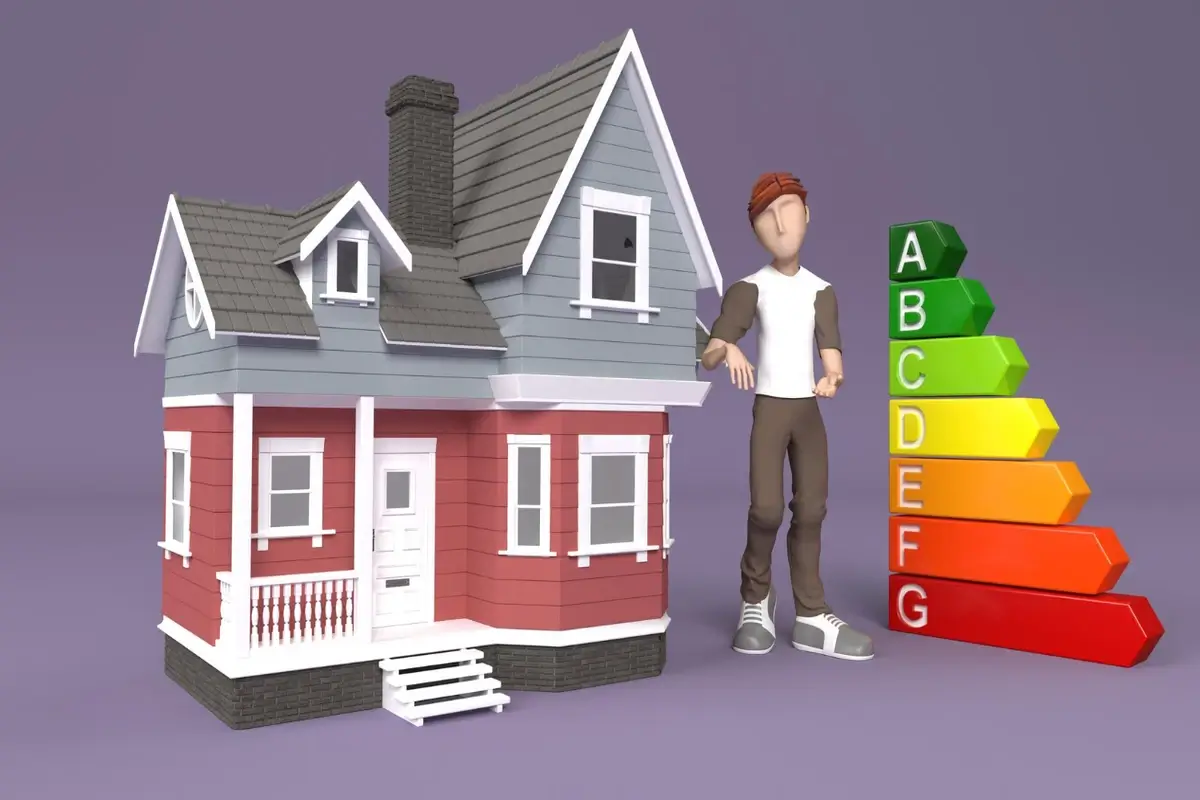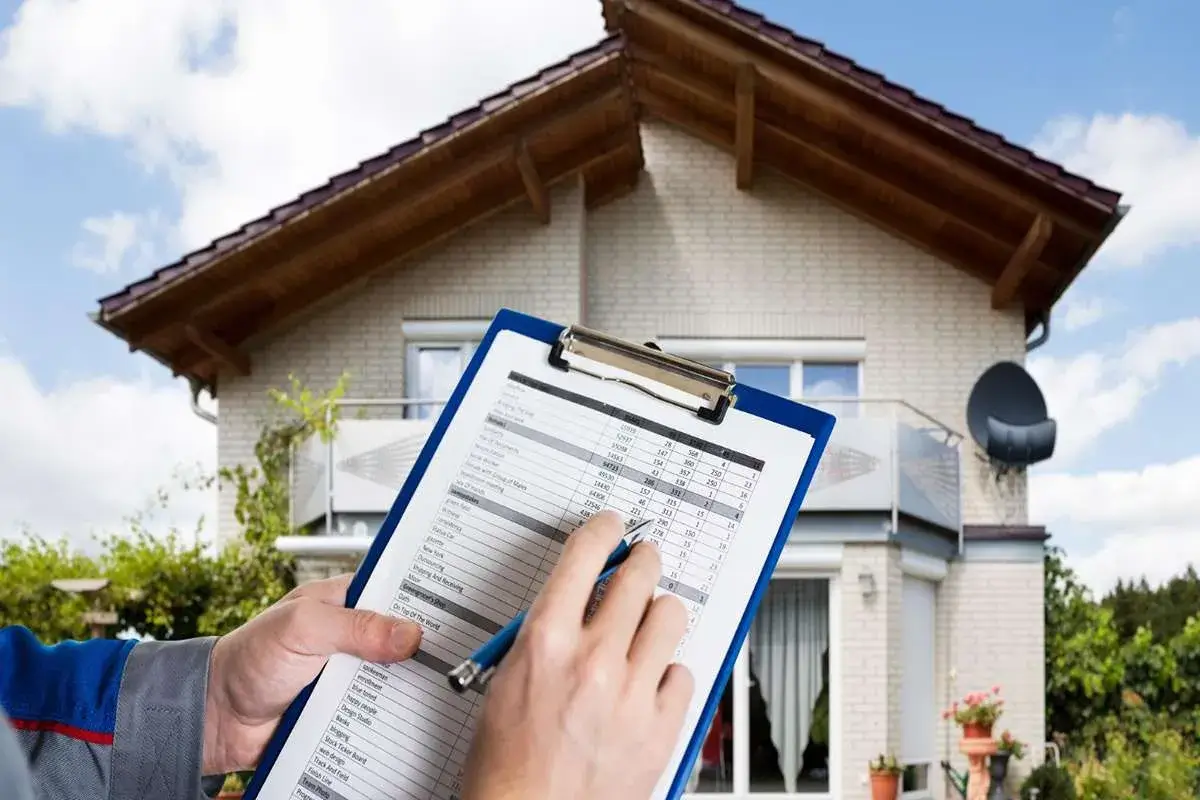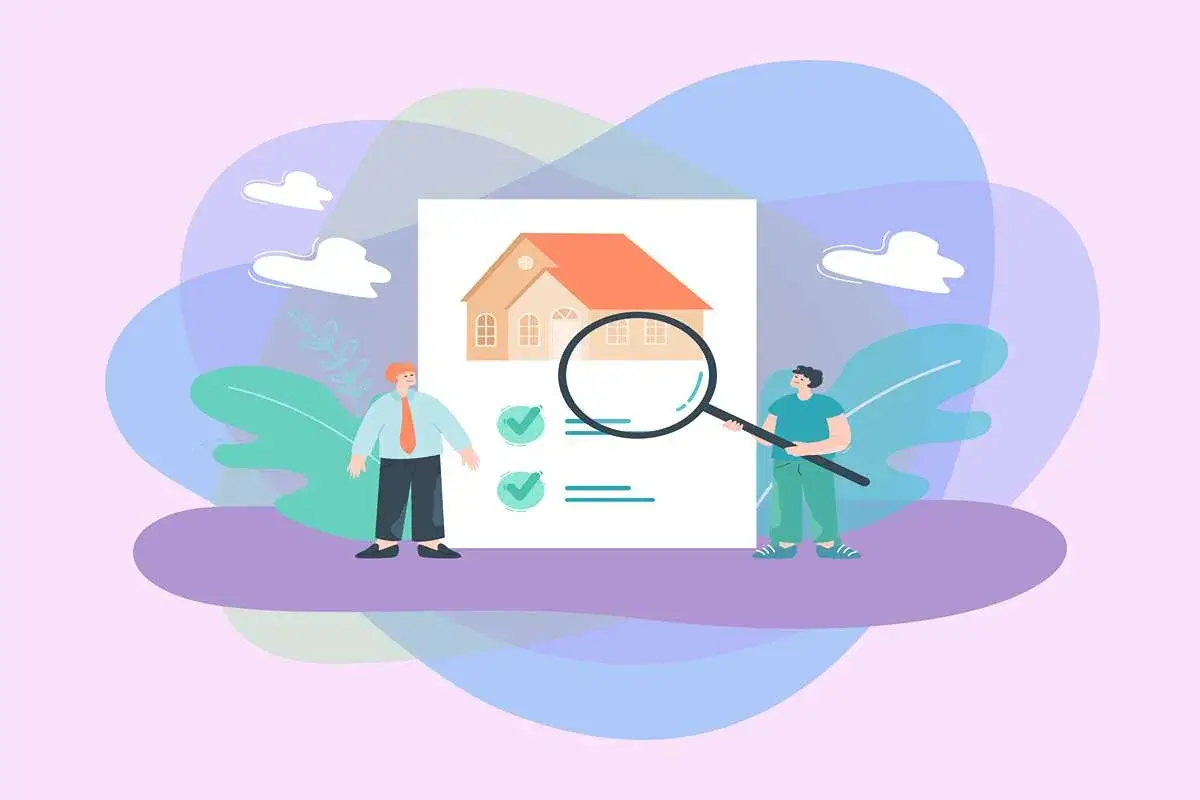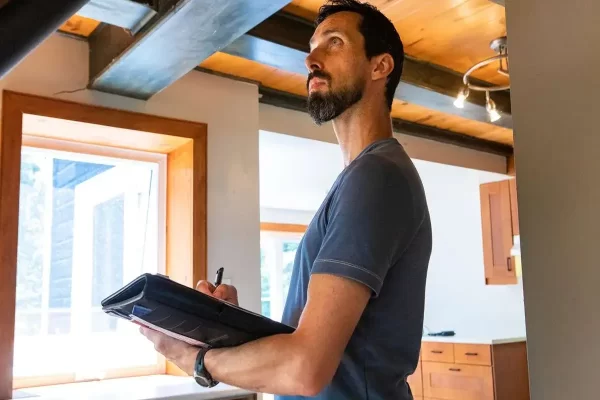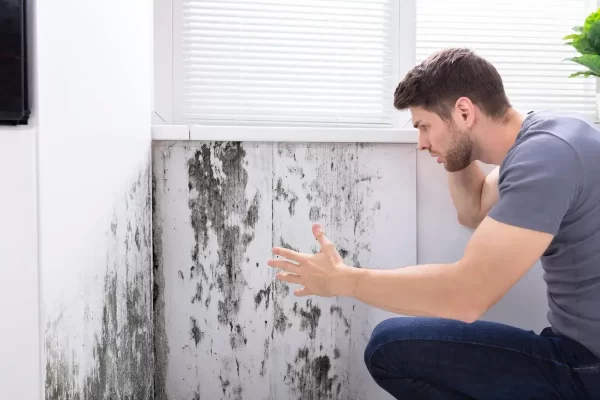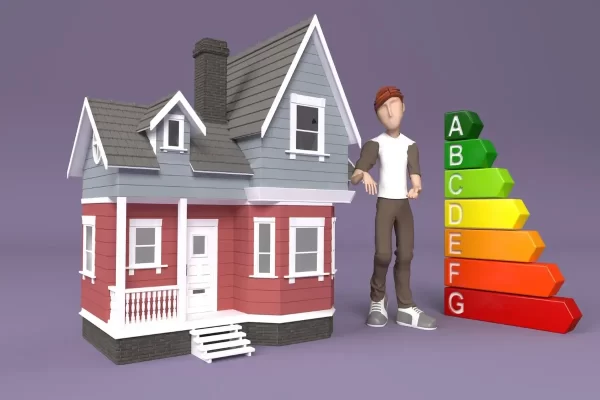Home inspection technology is transforming Michigan’s already dynamic home inspection industry. Innovative inspection tools and streamlined communication platforms are just the tip of this tech-driven ice berg.
With these technological advancements in place, it is important to explore their wide impact. This impact ranges from inspection’s practices and efficiency to their overall quality in Michigan.
In this blog, we’ll explore how technology impacts the progress and effectiveness of Michigan’s home inspection industry.
Advanced Inspection Tools
One of the ways that technology has pushed forward Michigan’s home inspection industry is the integration of advanced inspection tools. Thermal imaging cameras and drones stand out among these tools. These offer inspectors in Michigan enhanced precision and thoroughness.
Thermal Imaging Cameras
These cameras is one of the breakthroughs in home inspection technology. These devices allow inspectors to detect temperature variations in various components. Like:
- Building materials
- Electrical systems
- Components that might indicate hidden issues
These hidden issues range from water leaks to electrical faults or insulation deficiencies.
By capturing infrared radiation, thermal cameras translate temperature differences into visible images. This helps provide inspectors with valuable insights beyond what the naked eye can perceive. This technology is particularly beneficial in identifying potential problems that may not be evident through visual inspections.
Drones
Drones are another inspection tool influenced by technology. They offer a bird’s-eye view of properties and buildings.
Inspectors employ drones to access and assess areas that might be challenging to reach physically, such as roofs, chimneys, or elevated exteriors.
With high-resolution cameras, drones capture detailed images and videos. This lets inspectors inspect every inch of a property. It not only ensures a more comprehensive inspection but also enhances safety. This is because it minimizes the need for inspectors to climb ladders or navigate challenging terrains.
Mobile Inspection Applications
Integrating mobile inspection apps has revolutionized the workflow of inspectors in Michigan. These apps offer tools that enhance efficiency, organization, and communication throughout the inspection. These innovative apps are designed to cater specifically to home inspectors’ needs.
Below are some of the benefits of mobile inspection applications.
Scheduling and Appointment Management
With mobile inspection apps, inspectors can efficiently organize their calendars, schedule appointments, and sync updates in real-time. This ensures a more organized and error-free scheduling system. It also reduces the likelihood of conflicts and guarantee timely inspections.
On-Site Data Collection
These user-friendly apps allow inspectors to input information, capture images, and make notes directly on mobile devices. This real-time data entry eliminates the need for manual transcriptions. Meanwhile, it also reduces the risk of errors and expedites the inspection process.
Virtual Reality (VR)
Virtual Reality (VR) technology introduces a new dimension to the way clients experience property inspections.
With VR, clients can now have virtual walkthrough of the property. They gain a unique and immersive perspective on the findings identified during the inspection process.
Here’s how VR makes inspections seamless and successful.
Immersive Property Exploration
VR technology creates a virtual environment that mimics the physical space of the property. Clients can explore every nook and cranny. This allows for a comprehensive and immersive experience. This immersive exploration goes beyond traditional reports and photographs. And it later provides clients with a firsthand view of the property’s condition.
Enhanced Understanding of Findings
VR technology enhances the client’s understanding of the inspection findings by offering a virtual walkthrough. Clients can virtually navigate through the property, better comprehending the identified issues. This visual context can be particularly beneficial when explaining complex structural or mechanical issues.
Remote Viewing Capabilities
VR technology also caters to clients who cannot attend the physical inspection in person. Through virtual reality, clients can remotely view the property as if they were physically present. This is one of the ways to overcome geographical constraints.
Facilitating Informed Decision-Making
VR in home inspections aligns with the industry’s commitment to transparency and informed decision-making. Clients with a virtual walkthrough can make more confident decisions about a property. It doesn’t matter if it involves negotiating repairs or understanding the scope of renovations.
Smart Home Integration
Smart Home Integration has become a pivotal aspect of property inspections. Inspectors are now equipped to evaluate the functionality of smart home features. With this, they ensure that they adhere to safety standards and provide valuable insights for homeowners.
Below are some of how smart home integration ends up being valuable.
Evaluation of Smart Devices
With the widespread adoption of smart home devices, Michigan inspectors are adept at assessing these technologies during inspections. These devices include thermostats, security cameras, lighting systems, and more. Assessing these devices involves verifying their proper installation functionality. Inspectors also ensure their integration with the broader home infrastructure.
Safety Standards Compliance
Ensuring that smart home features meet safety standards is paramount. Inspectors in Michigan are trained to evaluate the installation and operation of smart devices. This helps them to guarantee that the devices do not pose any safety risks. This includes assessing electrical systems associated with smart home inspection technology. And confirm that installations comply with relevant building codes.
Adapting to Technological Advances
As smart home technology continues to evolve, inspectors in Michigan stay abreast of the latest advancements. This adaptability ensures that inspection processes remain relevant and thorough. This also helps them accommodate the ever-expanding variety of smart devices available.
Integrating Modern Technology In Michigan
In conclusion, the technological evolution in Michigan’s home inspection industry has offered a new level of precision, efficiency, and comprehensive assessment.
From advanced inspection tools to the seamless integration of mobile apps, technology has elevated the standards of home inspections.
Furthermore, virtual reality has provided clients with immersive property experiences. While smart home integration ensures that the latest technologies within homes are not only functional.
Michigan’s home inspection industry stands at the forefront of technological adoption. It demonstrates a commitment to delivering thorough, insightful, and modern evaluations. These evaluations mean to cater to the evolving needs of homeowners.
Explore the possibilities of a comprehensive home inspection with Total House Inspection. Discover insights into your property’s condition and make informed decisions. Contact us to learn more!
